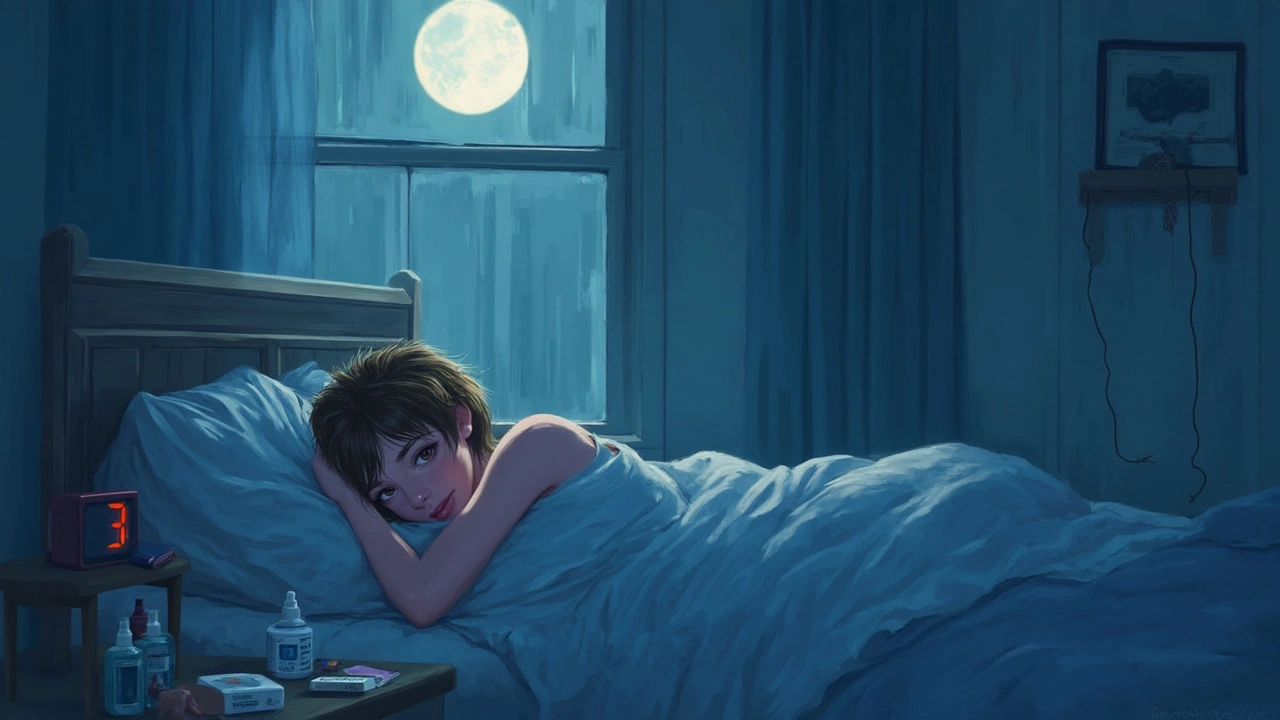Ever had that annoying itch you just can't ignore? Itching, or pruritus, is something almost everyone experiences, but figuring out what's behind it can be tricky. From simple dry skin to allergic reactions or medications, many factors can cause that urge to scratch.
Let’s start with the basics—itching happens when tiny nerve endings in your skin send signals to your brain in response to irritation or inflammation. Common reasons include dry skin, insect bites, eczema, or even the side effects of some medicines. Allergies or exposure to irritants like certain soaps can also cause skin to itch.
If you’re dealing with mild itching, some simple remedies might do the trick. Keeping your skin moisturized is key—use fragrance-free creams or ointments to avoid added irritation. Cool compresses can calm the skin, and sometimes, an over-the-counter hydrocortisone cream helps reduce inflammation. Avoid hot showers as they tend to dry out the skin more, making the itch worse.
Also, think about your environment—are you using any new detergents, lotions, or even eating different foods? Identifying and cutting out triggers can prevent the itch from coming back. Sometimes, gentle antihistamines may help if the itching is allergy-related, but it's best to check with a healthcare provider before starting any medication.
Not all itching needs a doctor's visit, but if it lasts more than two weeks, gets worse, or comes with other symptoms like redness, swelling, or pain, it's a good idea to get checked out. Also, persistent itching without clear cause could signal internal health issues like liver or kidney problems. If scratching is causing sores or infections, professional care becomes important to avoid complications.
Remember, while itching can be super annoying, understanding why it happens helps you tackle it better. Keep track of when and where you itch the most and share these details with your doctor for the best advice and treatment.

Chronic itch is not just a skin problem; it has profound effects on mental health, impacting mood, sleep, and daily functioning. This persistent discomfort often causes stress, leading to anxiety and depression if not addressed. Understanding this connection is vital for anyone dealing with relentless itchiness. Learn how to manage the itch and alleviate its mental health impacts with simple yet effective strategies.
read more